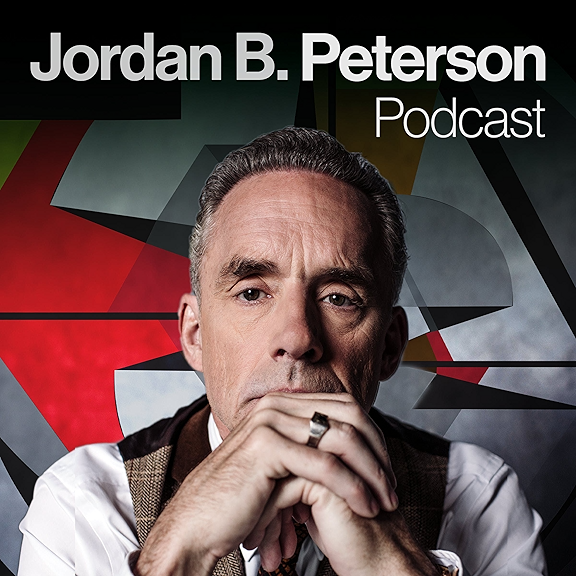
When kids need support with language, reading/writing, and executive functioning, they often have multiple diagnoses.
This makes both treatment planning, diagnosis, and determining eligibility for educational programming complicated; especially when it comes to legal guidelines as well as state and local policies.
That’s why in episode 159 of De Facto Leaders, I’m sharing a Q & A session I did about comorbidities in my Language Therapy Advance Foundations member’s group.
In this episode I talk about the simple view of reading and how it aligns with the essential 5 framework.
I also talk about common comorbidities, including:
✅Developmental language disorder + dyslexia
✅ADHD + dyslexia
✅Dyslexia + ADHD
I wrap up by discussing clarification from the Office of Special Education and Rehabilitative Services on the use of terms like “dyslexia” and “developmental language disorder” and the difference between schools being PERMITTED to use a term vs. being REQUIRED to provide services aligned with FAPE.
In this episode, I mention Language Therapy Advance Foundations, my program that helps SLPs create a system for language therapy. You can learn more about Language Therapy Advance Foundations here (https://drkarenspeech.com/languagetherapy/).
The following are evaluation tools that can help guide you in evaluating and treating individuals with ADHD, dyslexia, DLD, and other diagnoses that impact reading, writing, language, and executive functioning.
I cover a complete framework for executive functioning intervention in the School of Clinical Leadership, my program for related service providers who want to emerge as the executive functioning lead on their school teams. You can learn more about that program here (https://drkarendudekbrannan.com/clinicalleadership).
Keep in mind when you view this list that formal evaluation tools should be used in conjunction with other non-standardized tools. It's best practice to utilize a portfolio process when doing an evaluation which can consist of a combination of observations, stakeholder interviews, work samples, data from non-standardized protocols, and formal assessments.
You can read the full list of assessments in this article here (https://drkarenspeech.com/co-morbidities-and-differential-diagnosis-adhd-dld-dyslexia/).




















